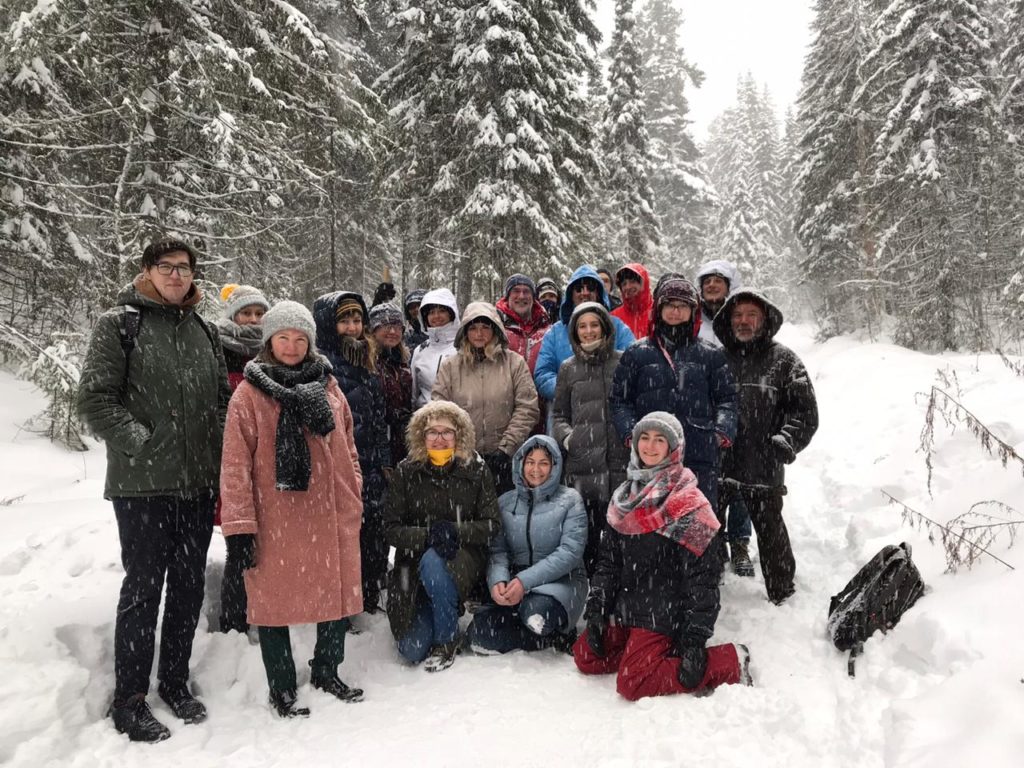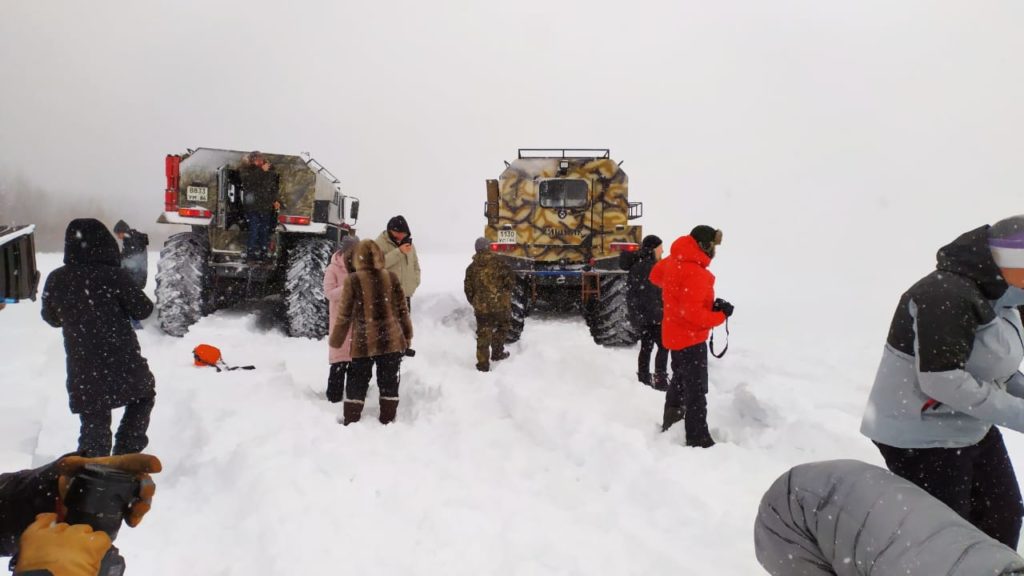With online workshops and conferences becoming a life-saver and a permanent feature of the science engagement landscape in the times of COVID-19, what is the recipe for success and what makes a productive online event?
Engaging talks, an active and diverse audience and dynamic discussion – these would be our top three, and the UK-Russia Arctic Science Connections event on 3 June unarguably ticked off all these boxes.
Hosted by the NERC Arctic Office and the UK Science and Innovation Network in Russia (British Embassy Moscow), the event brought together over 60 participants: researchers from universities and institutions across the UK; decision and policy-makers in Government and beyond. The aim was to showcase an array of dynamic UK-Russia Arctic collaborations that SIN Russia and the NERC Arctic Office have driven forward, supported or been involved in over the past three years. The event was an opportunity to hear directly from UK-based researchers, look into the future and start exploring potential new themes and avenues for bilateral engagement and joint work in this space.
Arctic research is very much part of this wider scientific relationship between the UK and Russia. As Prof. Carole Mundell, the FCO’s Chief Scientific Advisor, pointed out at the opening of the event, the bilateral science cooperation continues to develop and thrive and the complex political context makes it ever so important as it maintains and strengthens the people-to-people links and keeps the communication channels open. Arctic research is an area of both mutual interest and considerable and complementary expertise, but equally an area of global importance.The strong bilateral partnerships in this space are contributing to our understanding of the changing Arctic and global implications of these changes. They build a solid platform to develop new research hypotheses and attempt to tackle research questions of global importance, train the next generation of Arctic researchers and enable closer international cooperation.

It was both fascinating and rewarding to follow the six talks by UK-based researchers who shared their first-hand experience of taking bilateral Arctic science partnerships off the ground and working together with Russian colleagues to make them a success. Early career links, bespoke joint field courses in the Russian Arctic, growing institutional partnerships, new bilateral consortia and research networks linking up leading research centres, exchanges under the UK-Russia Arctic Bursaries Programme and many more…It has certainly been a busy and productive few years and SIN Russia and the NERC Arctic Office are pleased to have had an important role to play in this, working closely with our partners in the two countries to progress the bilateral science engagement.
The importance of creating mutually beneficial research; of recognising the value and skills of Russian researchers; of joining forces to deliver practical work, often including long-term monitoring data; of working collaboratively and of listening well were flagged as key features of successful work. Speakers didn’t skirt the occasional challenges and issues, but stressed the real value of cooperation, and the benefits this was bringing to the bilateral science relationship and their own research impact.

The second part of the event was a discussion, involving the online audience, focused on how best to grow existing links; identify new funding mechanisms; and how to incentivise longer-term international and multilateral links. This was a good opportunity to show the strong interest of those participating in the session in developing their own links, scaling-up their activities and exploring potential avenues for future cooperation. Russia’s assumption of the Chair of the Arctic Council in the middle of next year will hopefully provide further opportunities for high-profile connections.
There is much to celebrate in UK-Russia Arctic research connections, thanks to the skill and enthusiasm of researchers in both countries. The importance of mutually beneficial research in the Arctic and the potentially huge gains in understanding are far too valuable to ignore. There are many success stories to show the way, as well as much more to achieve. Our commitment to support this work is as strong as ever and we look forward to working with you.
A full recording of the online event is available at:
https://ukri.zoom.us/rec/share/utNTKYDopj9JGs_hwmj7WKUGIt20T6a8gSkd_fEIzRqmBbKUjVVMFULC5gYvWdxu Password: 4p.#jC0V
Henry Burgess, NERC Arctic Office
Tatiana Iakovleva, Science and Innovation Network, British Embassy Moscow